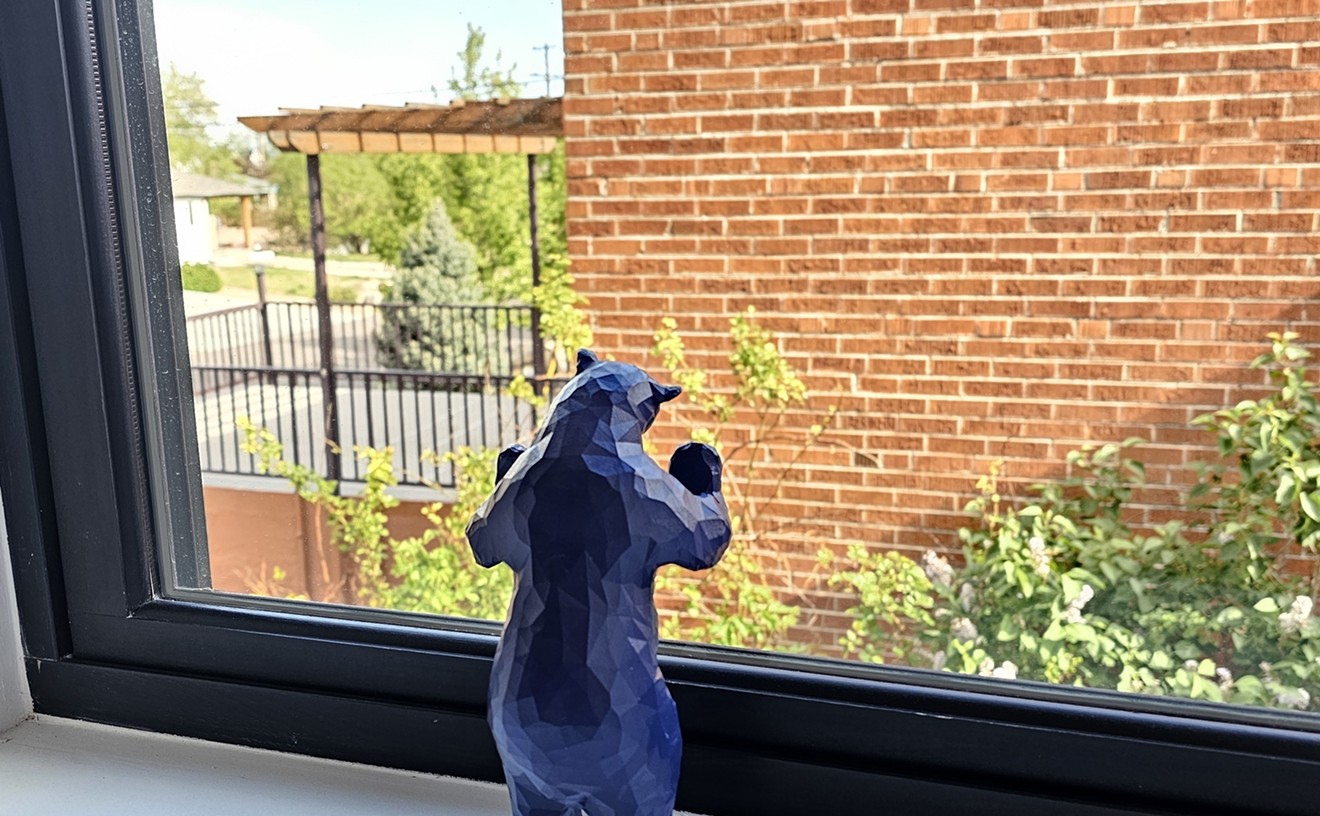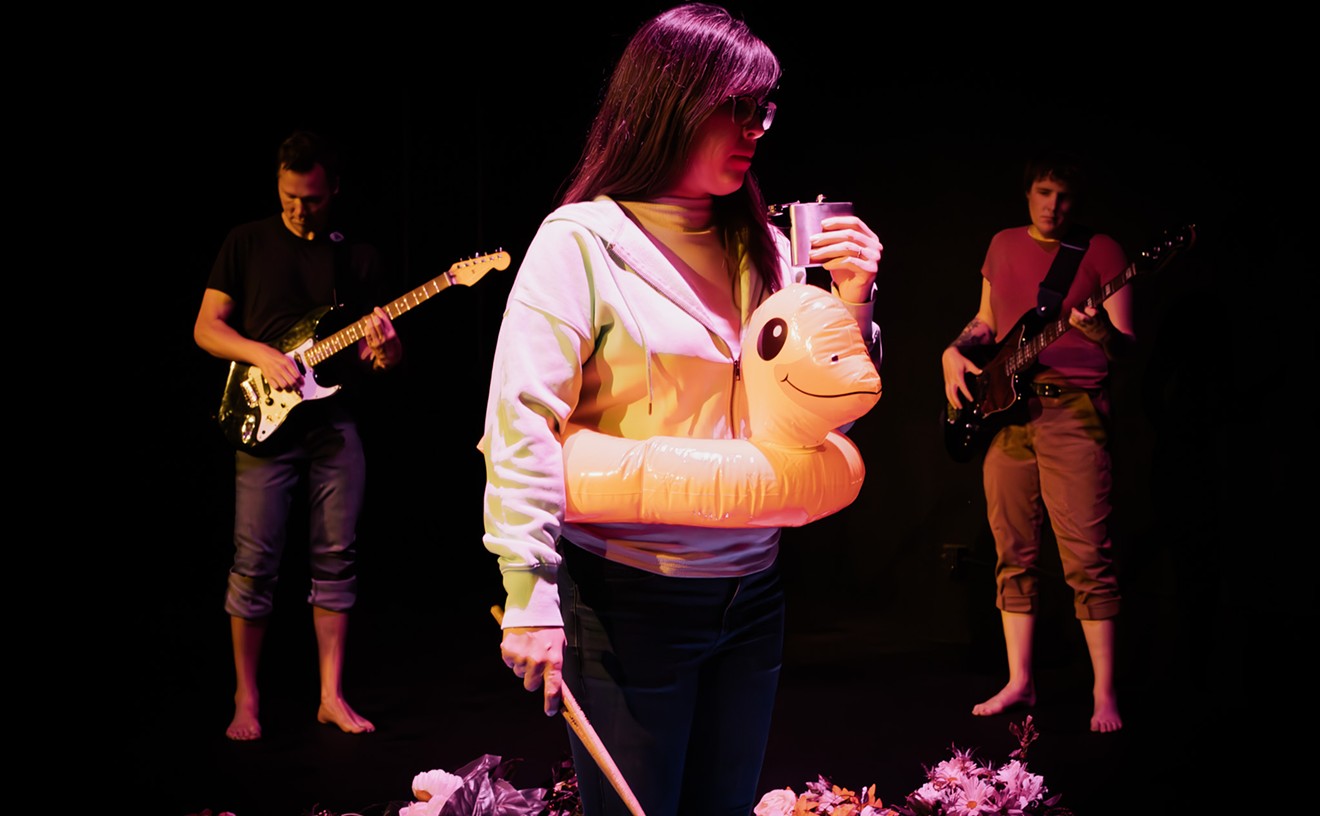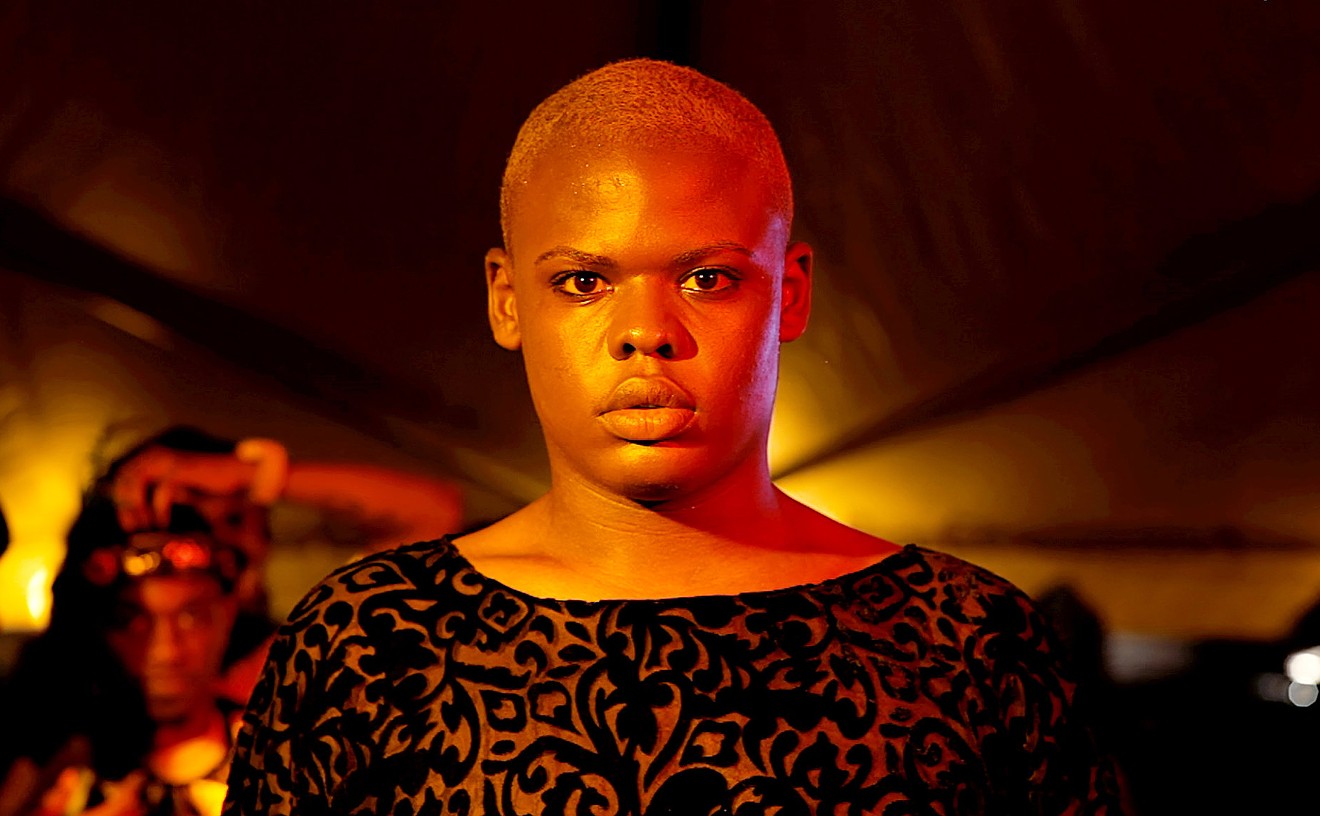The Unreasonable Institute, which works with for-profit, early-stage ventures tackling social and environmental problems, brings entrepreneurs from around the world to Boulder for six weeks, during which they receive training from mentors, form relationships and build business with twenty investment funds. In its third year, over 800 people participated in the Institute's two-day culminating event, the Unreasonable Climax, and, by a show of hands, over half the people present at Saturday's series of six-minute TED-style talks were individuals who also owned their own businesses.
How did founders Daniel Epstein, Teju Ravilochan and Tyler Hartung gather fifty mentors that include the former managing director of investments at Google.org, the founder of Engineers Without Borders, and the former VP and CTO of Hewlett-Packard? How did they convince twenty impact investment funds and foundations to work with the Institute? Blame it on magical networking abilities. "They're these sort of ridiculously, energetically optimistic, connected-beyond-their-years kind of guys," says first-year mentor Rick Sterling, founding partner of Boulder-based Sterling-Rice Group and former head of marketing at Hain Celestial Group. "There's something really special here," he adds, noting that the experience of mentoring the fellows was intoxicating and inspiring. Sterling, who discovered what he described as this "amazing organization" by word of mouth, served as the lead mentor to Sheikh Abu Turay, whose venture Liberation Chocolate aims to get former child soldiers out of poverty through cocoa production. "He's got this completely unreasonable thing he's trying to do," Sterling says of Turay's plans to recover abandoned farms from Liberia's civil war while making jobs for former child soldiers -- there are 60,000 in the country -- and creating an enterprise in a place where an estimated 76 percent of the population lives off of less than $1 a day. "To help him try to figure out how to do that," Sterling says, has been the most rewarding part of his mentoring experience. "I've never done that in a way that might transform a country."Beyond being fueled by a drive to address a social or environmental problems, a venture eligible for the Unreasonable Institute "must have a full-time team of at least two people, have completed a prototype or pilot, be able to prove that they have meaningfully engaged with their customers, and be highly-scalable (capable of reaching at least 1 million people)," according to the Institute's website.
Other ventures presented at the Unreasonable Climax included 23-year-old South African Paseka Lesolang's patented innovative toilet system called WHC, or Water Hygiene Convenience, which saves water for the user while benefitting the environment. The toilet features a foot flush and in-tank bacteria-killing abilities.
Shalabh Ahuja of New Delhi, India, who started his first company at age 24 and was formerly in a rock band, presented Conserve HRP, a company that remakes waste into handmade recycled plastic products like purses, bags and wallets; they're currently sold in over 600 stores including West Elm, Whole Foods and Crate & Barrel. "Growing up in middle-class India, we tend to build a wall around ourselves," Ahuja says, adding that striking poverty exists in New Delhi. Conserve HRP has already created 6,000 jobs and upcycled over 200 tons of waste from the streets of Delhi, he notes.| Shalabh Ahuja presents at the Unreasonable Climax. |
Twenty-five-year-old Fulbright scholar Michael Wilkerson, who attended East High School in Denver, spoke about his venture Own Your Own Boda, which empowers boda boda motorcycle taxi drivers in Uganda to invest in their futures by owning their own bike instead of renting one. Most of the over 10,000 boda boda drivers in the capital city of Kampala rent their bikes, he says, and struggle to build savings and establish financial independence. Own Your Own Boda gives loans to drivers in the form of a new motorcycle to be paid off over sixteen to eighteen months. "While it might seem like a crazy idea," Wilkerson says, "Motorcycles make a difference."
Follow @WestwordCulture










